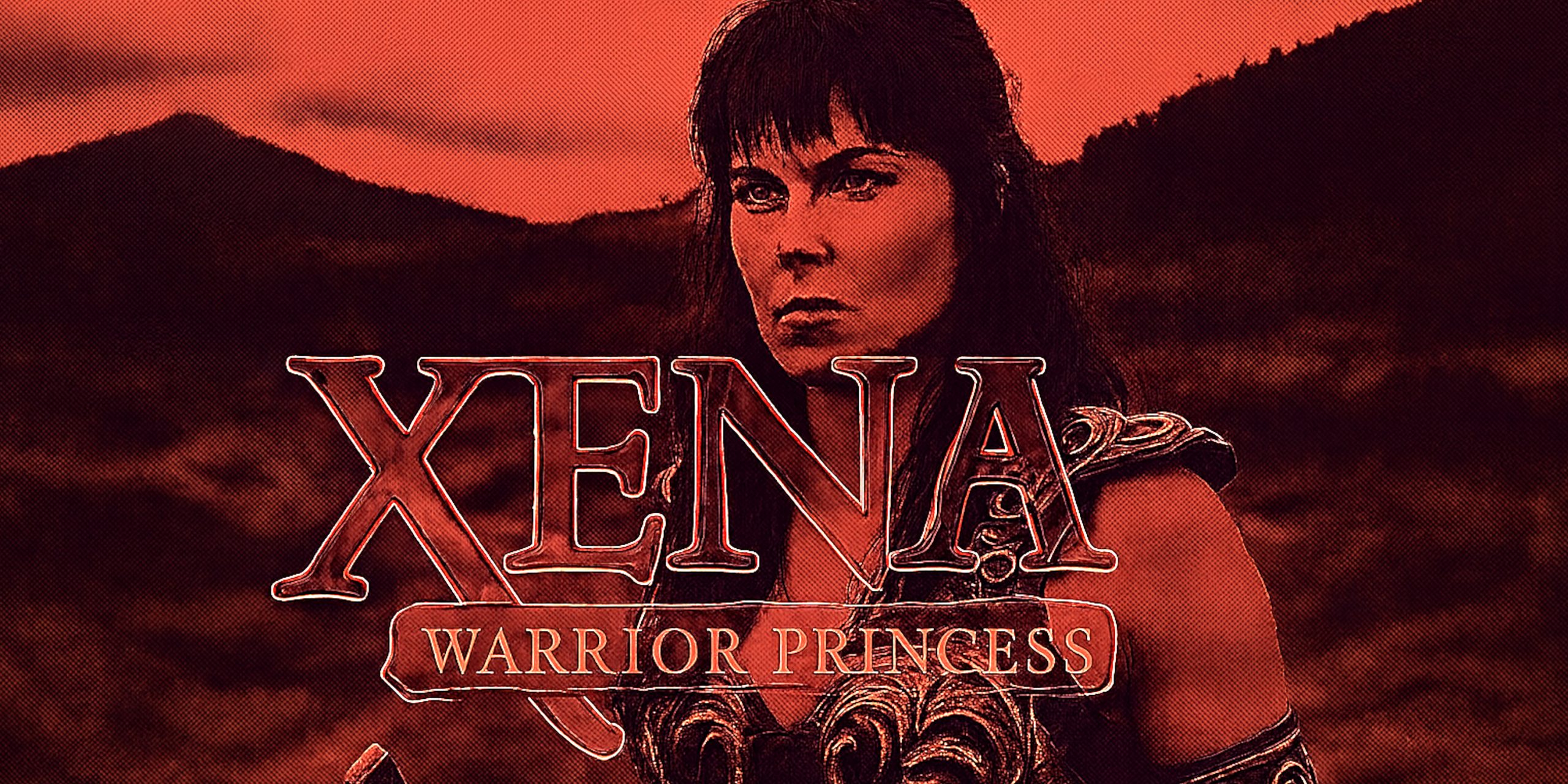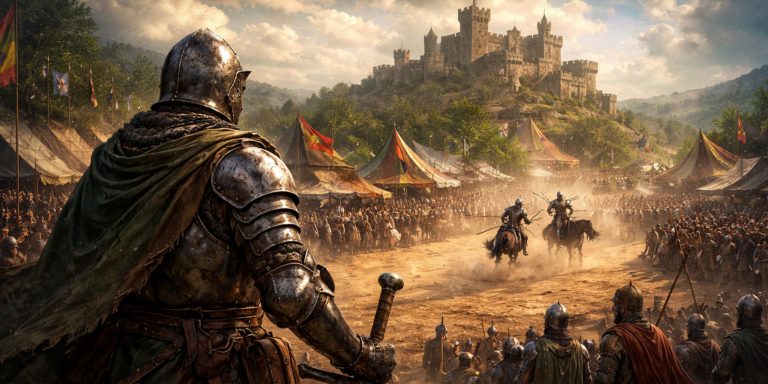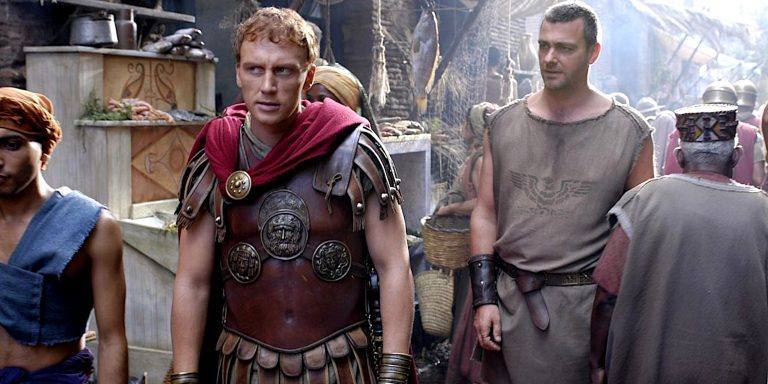
The Warrior Who Changed Everything
Before Buffy was slaying vampires and before Daenerys was hatching dragons, there was Xena: Warrior Princess. Premiering in 1995, the show followed a battle-scarred warrior on a path to redemption through ancient lands and morally murky adventures. But Xena was more than just swords and sandals TV. It was a phenomenon that challenged gender stereotypes, redefined the fantasy genre, and built a fan culture that echoes through pop culture to this day.
Breaking the Fantasy Mold
In the mid-90s, fantasy TV was… limited. Muscled men with swords. Damsels who needed saving. A lot of cheap-looking leather. Then came Xena.
Lucy Lawless’s portrayal of the titular warrior was both fierce and flawed. She wasn’t the sidekick, the love interest, or the sorceress waiting in a tower. She was the hero. The story wasn’t about her supporting a man’s journey; it was about her reckoning with her own past.
The show’s blend of mythology, camp, and surprisingly dark storylines gave fantasy television permission to be weird, self-aware, and emotionally complex. The tone shifted from slapstick to tragedy in the space of an episode, long before prestige shows made tonal whiplash an art form.
Xena and Buffy: The Blueprint for Female Empowerment
When Buffy the Vampire Slayer arrived in 1997, its DNA was undeniably part Xena. Both heroines battled literal and metaphorical demons while navigating complex relationships and moral ambiguity. Both used humour as a weapon.
Where Buffy had high school angst and witty dialogue, Xena had emotional rawness and mythological heft. And while Buffy was the cool, self-aware teen icon, Xena was her older, war-scarred sister who’d already seen the world burn.
Creators like Joss Whedon openly admitted that Xena proved audiences were ready for complex female leads who could carry entire shows. It set the precedent that women could be action heroes and emotionally layered characters at the same time.
The Proto-Prestige Fantasy
Think about what Game of Thrones, The Witcher, or even House of the Dragon owe to Xena. Before multi-million-dollar CGI battles and sprawling casts, Xena was telling epic, morally grey stories on a fraction of the budget.
Its narrative arcs dealt with guilt, redemption, love, betrayal, and the cost of violence. These are the same themes that Game of Thrones would later use to build its gritty medieval realism. Sure, Xena had the occasional rubber monster, but it also had emotional stakes that made audiences care.
And while Game of Thrones leaned on shock and cynicism, Xena balanced tragedy with hope. It wasn’t about who would sit on a throne but whether someone broken could ever truly change.
Queer Subtext and Representation
Let’s talk about the thing everyone remembers. Xena and Gabrielle.
In an era when TV executives panicked at the word “representation,” Xena built one of the most powerful queer-coded relationships ever seen on screen. The show never outright labelled it, but the affection, loyalty, and intimacy between Xena and Gabrielle were undeniable.
Fans picked up on it immediately, creating an early internet fandom that would define the way online fan culture works today. Tumblr before Tumblr existed. Xena didn’t just tell stories, it built a community.
From Cult to Canon
It’s easy to forget that Xena: Warrior Princess started as a spin-off of Hercules: The Legendary Journeys. Yet it outshone its source in every possible way. By the time the show ended in 2001, it had inspired an entire generation of writers and showrunners who would go on to shape modern television.
The blend of myth, emotion, and female agency that Xena perfected can be traced straight into Buffy, The 100, Game of Thrones, Vikings, The Witcher, and House of the Dragon. It even rippled into video games like Horizon Zero Dawn and God of War: Ragnarök, where strong, morally complex female leads are the norm rather than the exception.
Why Xena still feels raw and weird
Rewatching Xena today feels oddly modern. The show’s dialogue and effects may have aged, but its spirit hasn’t. It’s still a story about finding redemption, about rewriting your narrative after the world has cast you as a villain.
And in an age obsessed with origin stories and antiheroes, Xena feels like the prototype, a series that asked whether a person defined by violence could ever build peace.
It’s raw, funny, heartfelt, and still deeply weird. But that’s what made it groundbreaking.
Legacy of a Warrior
Every time a modern fantasy heroine picks up a sword, questions her morality, or fights for something bigger than herself, Xena’s ghost is somewhere in the background.
She kicked open the door that fantasy TV had bolted shut. She proved that mythology could be emotional, that action could be introspective, and that women could lead stories about war, love, and loss without being reduced to symbols.
The world of fantasy may have grown darker and glossier since Xena, but the warrior princess remains its blueprint, both fierce and flawed, both human and myth.










